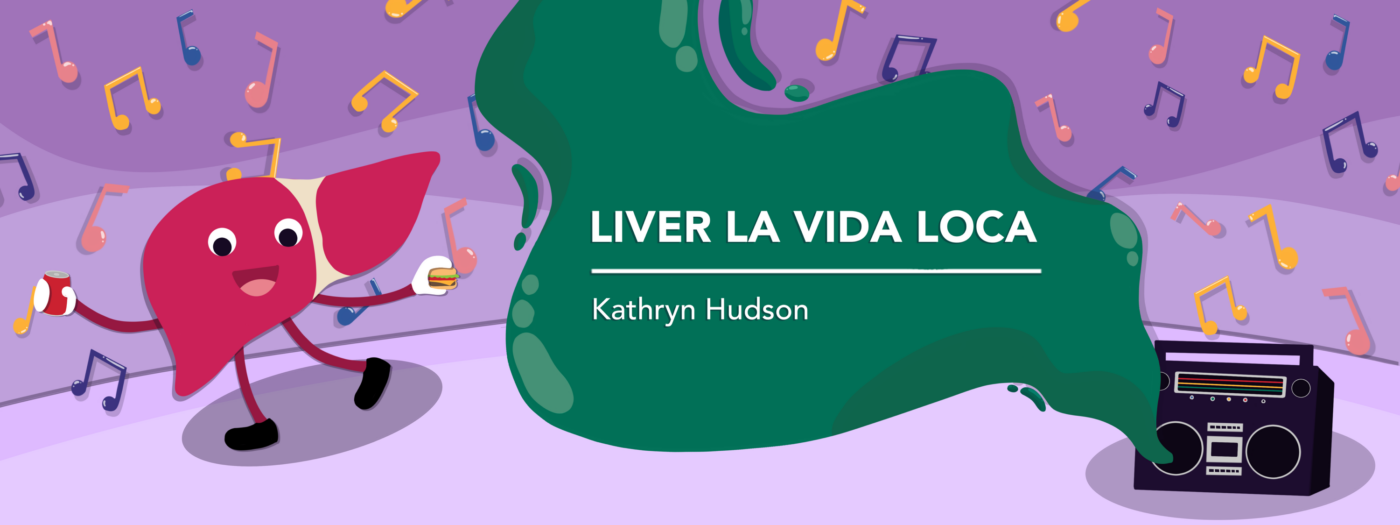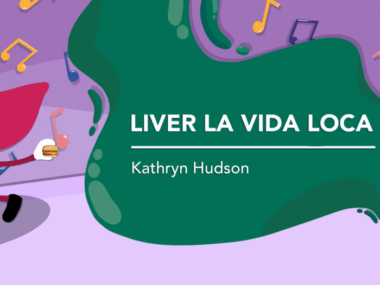Just plain water is your fatty liver’s best friend
After years consuming (shudder) soft drinks, I'm a convert to my go-to drink
Written by |

Have you ever woken up from a deep sleep with a cotton mouth, desperately needing refreshment? If you’re like me, the first thing you crave when you’re thirsty is water. It wasn’t always that way for me, and I’m about to reveal something a little embarrassing: For many years, I drank sugary sodas — mostly colas — instead of water.
That’s one of many reasons my liver got very sick with metabolic dysfunction-associated steatohepatitis (MASH).
We’ve all heard that our bodies are mostly water. And it’s true. Just about every system that keeps us alive relies on water to function properly. The liver, one of the body’s most important organs, is like a tiny data center. It performs complex operations every day, and it needs plenty of hydration to keep its little liver engines running smoothly. I’ve come to understand just how much my water intake matters.
A few years ago, during one of my abdomen’s ascites episodes, I developed edema, or excess fluid, near my liver. After having two liters of fluid drained from my abdomen, I was put on water restrictions. Instead of freely drinking all the water I wanted, I was limited to just 64 ounces of fluid a day. That included soup, ice cream, and even ice cubes, which I love to chew. All were off-limits. The restriction only lasted about a month, but it was awful.
And after my MASH diagnosis, water was the one thing I craved the most, especially when it was ice-cold. The changes made me feel like I’d been air-dropped into the Sahara Desert and left there.
What water does
Why is water so important to your liver’s health? By now, most of us know the liver plays a key role in detoxifying our bodies. Think about all the fast food, sugary snacks, alcohol, and greasy fried foods we consume. They’re loaded with highly processed ingredients that can overwhelm the liver. Alcohol, especially, is a direct toxin. Our livers need a break sometimes — and that’s where water comes in.
Think of your liver as a high-end water filter. Its job is to flush toxins from your body to prevent disease — not just MASH, but also liver cancer and other conditions. It deserves a little more respect, don’t you think? Water works tirelessly, tossing out the bad stuff like a club bouncer ejecting troublemakers. It’s not glamorous work, but it’s vital.
Now that I can drink my favorite beverage freely again, I keep several refillable bottles of cold, slippery H2O with me at all times. It helps me swallow my daily handful of pills, aids digestion, improves my skin, and just makes everything in my body run better. Water may be humble, but it’s essential.
I’ve recently added the occasional cup of coffee, which I take black or with a splash of milk and no sugar. That’s a treat that studies say can benefit the liver, too (especially black coffee, but I’m doing my best). Still, nothing compares with plain, clean water.
By cutting out most other beverages, I’ve truly learned to love water. It might not be entirely free, but that’s beside the point. Our bodies, especially our livers, simply can’t function without it. No one should be forced to live in a toxic environment, and that includes your liver. It’s already working overtime. Let’s not make it work even harder.
So here’s to water — and to all the water lovers out there. Cheers!
Note: Liver Disease News is strictly a news and information website about the disease. It does not provide medical advice, diagnosis, or treatment. This content is not intended to be a substitute for professional medical advice, diagnosis, or treatment. Always seek the advice of your physician or other qualified health provider with any questions you may have regarding a medical condition. Never disregard professional medical advice or delay in seeking it because of something you have read on this website. The opinions expressed in this column are not those of Liver Disease News or its parent company, Bionews, and are intended to spark discussion about issues pertaining to liver disease.








Leave a comment
Fill in the required fields to post. Your email address will not be published.